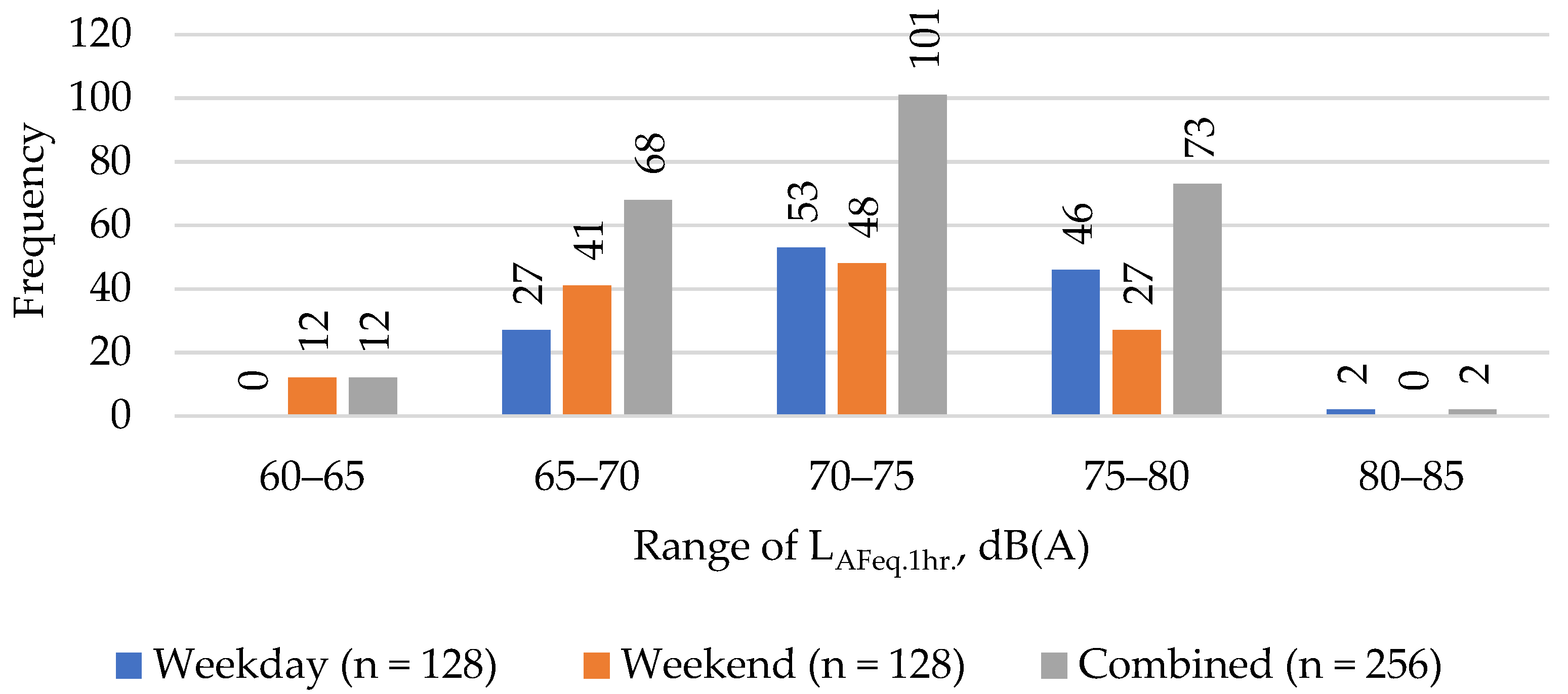
However, it’s important to keep noise at a safe level for a baby and adults. White noise machines benefit a baby by promoting sleep. And it’s a heck of a lot less trauma to your baby’s ears than her own crying! Are White Noise Machines Safe for Babies? However, loud sound for minutes (not hours) is super helpful for calming crying. Needless to say, don’t blast sound at the maximum volume.all night.right next to your baby’s head. Sound doesn’t start boosting sleep until it gets to 60 to 65 dB. But it only works if it is loud enough! How Loud Should White Noise Be?Īs you can see in the figure below, white noise at 50 dB offers absolutely no benefit for your baby’s sleep. By reducing infant crying and boosting a baby’s (and mother’s) sleep, white noise may prevent many of the terrible problems triggered by these 2 stressors including postpartum depression, SIDS and child abuse. That advice may seem logical, but I believe it is wrong.and even dangerous. They advised: 1) moving machines as far away as possible, 2) playing them at 50 dB and 3) stopping the sound after the baby fell asleep The researchers warned that, if played at that intensity for 8 hours straight, that amount of noise (85 dB) would exceed safety standards and might reach a level that could hurt hearing. Does White Noise Damage a Baby’s Hearing? When they measured how much sound reached the baby, they found that 3 devices exceed 85 dB. Researchers tested 14 machines (marketed specifically for sleeping babies), placed 12 inches from the babies’ heads and cranked them to max volume. When you call the Police for these noises, an officer can come out to address the concern however, depending upon work-load, there may be a delay in response time.In 2014, a study of sound machines kicked up a lot of questions about white noise. To file a noise complaint, call the SPPD non-emergency line at 65.Domestic power tools such as saws, drills, lawnmowers, and snowblowers must be quiet between 10:00 pm and 7:00 am.The police may ask you to sign a complaint about the vehicle. If the car with the noisy muffler belongs to your neighbor, you can also call the police with a complaint and they can come out, inspect it, and possibly tag it.In most cases, the police must hear the noise in order to tag the vehicle. The police can write a citation or correction order that a vehicle be repaired.

Owners or operators of vehicles with booming stereos may be fined up to $500 for a second offense for playing music loud enough to be heard at 50 feet away.This applies to defective loads or honking the horn for reasons other than emergencies. Also vehicles that make very loud grating, grinding, or rattling noises may be reported to police. Vehicle noises may be illegal if they are from noisy mufflers, no exhaust system, or car stereos.Noise from a bar or similar business, including noisy patrons outside the bar (may also include disorderly conduct).Radios, paging systems, musical instruments must not be too loud after 10:00 pm.


Subsequent offenses or complaints could result in citations or impoundment of the animal. They can also issue orders and enforce the noise limits.ĭogs must not be allowed to howl, yelp, or bark to the “reasonable annoyance of another person,” per City Ordinance Section 200.14, which may be found here.įirst complaints may result in an advisement to the dog owner. If there is a violation, the City may discuss with the responsible person ways to reduce the noise level. An inspector may contact the operator, come out with a sound meter, measure the loudness and duration of the sound, and determine whether there is a violation. Noise limits generally are stricter for residential areas, especially at night, than for commercial or industrial areas.Ĭall the City at 65 to report noise that may be louder than what is permitted. For any kind of loud, persistent noise, day or night (from machinery, construction, a business, or an event), state or City regulations related to sound level limits may apply.


 0 kommentar(er)
0 kommentar(er)
